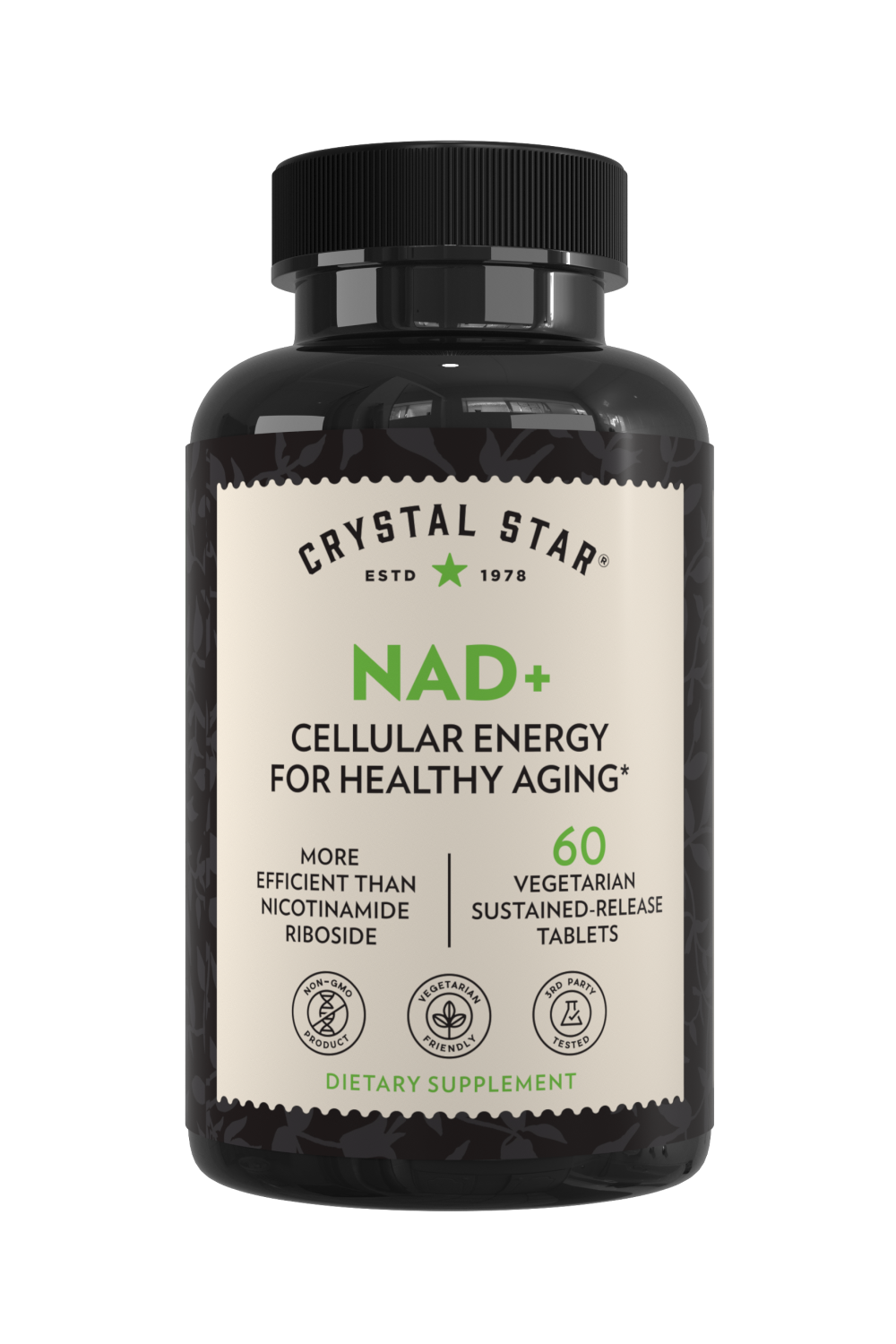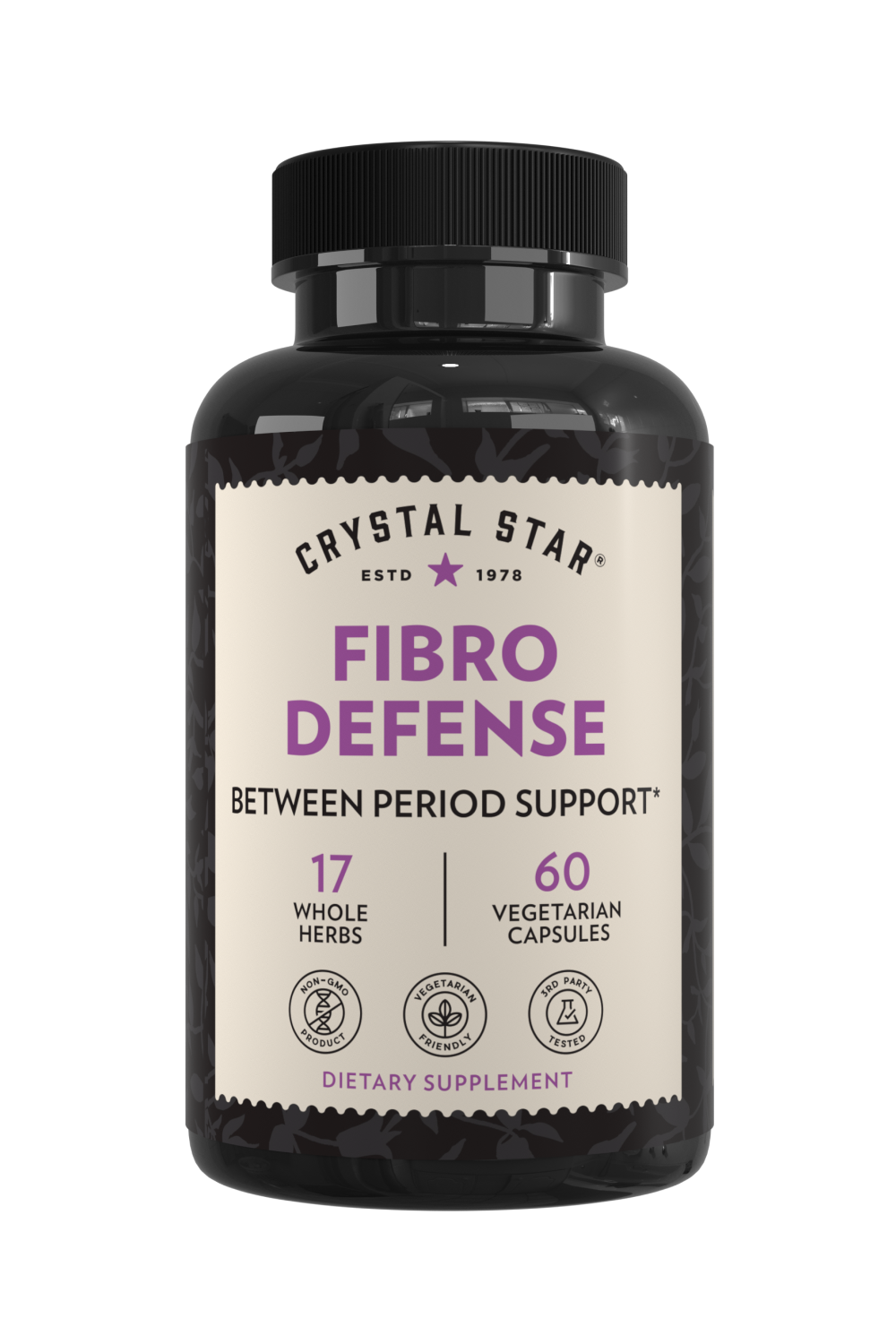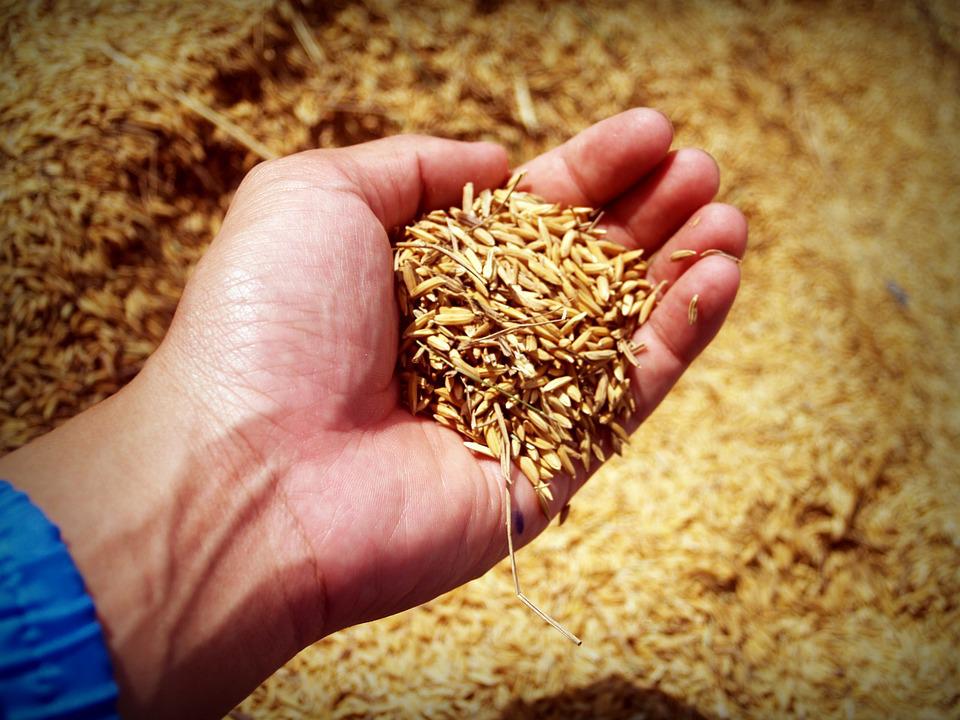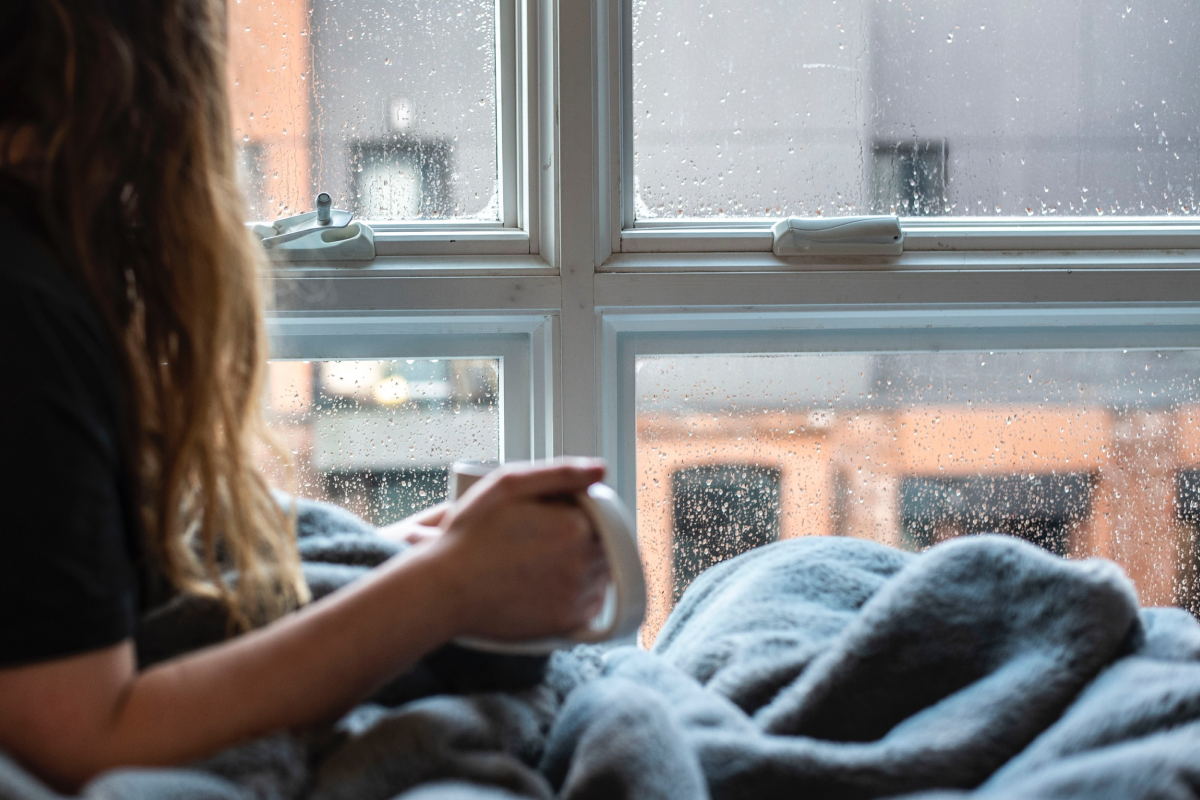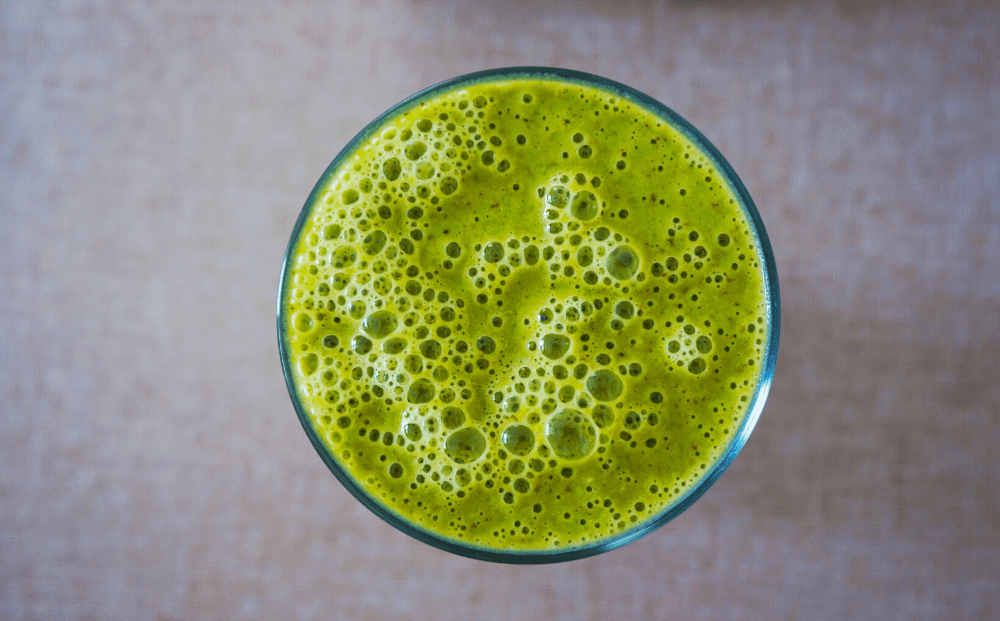CBD is having a moment. In a few years, it’s gone from being a little-studied and less-fun cousin of THC, to a cure for just about everything: epilepsy, autoimmune diseases, acne, psychosis, cancer, anxiety, and your dog’s anxiety. You name it, someone’s trying to treat it with CBD. So, should you plunge into the CBD lifestyle? While CBD has only been studied rigorously since
2015, when funding from the National Institutes of Health kicked in, the science
shows that its benefits are significant and wide-ranging. Plus, CBD may also boast few and mild side effects when used to treat conditions like epilepsy and psychotic disorders.
What are the risks of CBD use?
So what are the downsides? There are (potentially) three.
1) We don’t know the long-term effects.
Because most of the research into CBD has been conducted in the past few years, the effects of long-term use are
still unknown. That said, this doesn’t necessarily mean CBD has any scary long-term side effects.
Studies on long-term marijuana use say its detrimental effects, such as addiction, are due to its THC content. CBD not only hasn’t been shown to cause addiction but has also been used clinically to
treat addiction disorders. There are no warning signs that long-term CBD use is bad for you, it just hasn’t been rigorously tested yet.
2) CBD products aren’t regulated.
Second, the manufacture of products containing CBD is currently
unregulated, and the products on the market labeled CBD vary a lot in terms of quality, strength, purity, and efficacy. Depending on how much THC a CBD product contains, there is a (small) possibility that ingesting CBD could lead to testing positive on a drug test. This last point doesn’t need to be a dealbreaker; it just means you should be mindful of your employer’s policies and do some brand research before choosing a CBD product. Hemp-derived CBD oils, in general, tend to have the lowest THC levels.
3) There are some (minor) side effects
More testing needs to be done into CBD’s side effects, both in short and long-term use, but research so far suggests that there are very few. The
most commonly reported ones are fatigue, diarrhea, and changes in appetite or weight.

What is CBD?
CBD — short for cannabidiol — is a compound found in the cannabis plant. CBD acts on the body’s natural cannabinoid receptors, which help modulate sleep, mood, anxiety, appetite, pain, and inflammation. Hence all the disparate conditions it’s (maybe) able to address. CBD was actually discovered in 1940 and research on its therapeutic applications continued into the 1960s, when the interest of scientists and (the public) shifted to THC’s mind-altering effects. When researchers confirmed the existence of cannabinoid receptors in the 1980s, researchers began to look more closely at the other, non-psychoactive components of marijuana, including CBD. The recent and worldwide push to legislate medical marijuana has ignited popular interest in CBD, which may boast benefits similar to marijuana without the high— or the stigma. CBD oil is available in bottles, capsules, gummies, tinctures, topical ointments, transdermal applications (patches applied to the skin that allow the CBD to directly enter the bloodstream) and cartridges for vape pens.
CBD vs THC
CBD is one of the
two main compounds in cannabis, along with THC (tetrahydrocannabinol). While both of the compounds are shown to have some
medical benefits, they work in very different ways. THC can reduce nausea, pain and inflammation, but it’s probably best known for its
mind-altering properties — any “high” that comes from marijuana is the result of this compound. This means THC is also responsible for the adverse effects associated with marijuana, including
mood changes,
addiction,
nausea and vomiting, and
cognitive impairment in teens. CBD is thought to
share THC’s pain-relieving and anti-inflammatory effects, but without the high and any of the associated risks. And in fact, not only is CBD safer than THC, it’s also thought to
counteract some of THC’s adverse effects when they’re taken together. For example, while THC is associated with risks of psychosis, CBD is
antipsychotic. There’s also growing evidence that combining THC and CBD increases the efficacy of
both. Many CBD products (called “full spectrum”) also contain a very small amount of THC, but not enough to be intoxicating. But while a small amount of THC may improve the efficacy of CBD, CBD without THC can still work.
What do we know about CBD’s positive effects?
Research shows that CBD may be
neuroprotective (protects nerve cells),
anti-inflammatory (reduces inflammation in the body), and
anxiolytic (reduces anxiety). These three qualities mean CBD could be helpful for a large number of disorders.
CBD to protect neurons
Neurons are the most basic and most important cells in our nervous system; they work to carry information from our brain to our body, and vice versa. Diseases associated with neuron damage are classified as
neurodegenerative, and include Alzheimer’s, Parkinson’s Disease, Amyotrophic Lateral Sclerosis, and Multiple Sclerosis. If something is
neuroprotective, it helps salvage, recover, or regenerate nerve cells and the structure and function of the nervous system as a whole. There’s a growing body of evidence that suggests
CBD has these qualities. That means it’s potentially useful in treating these diseases, plus other neurodegenerative diseases, such as
Huntington’s Disease.
CBD to fight inflammation
Inflammation (swelling, redness and sometimes pain) is the immune system’s basic response to irritation. The irritation can be due to almost anything, including germs, external injuries, or chemicals. Inflammation is part of the body’s healing process, but when it occurs for too long or where it’s not needed, it can
become a problem. Researchers think inflammation
contributes to many diseases, both infectious and non-infectious. The body initiates inflammation through proteins called
cytokines, and
CBD (along with THC) has been shown to reduce these proteins.
CBD to treat anxiety
While longer-term studies haven’t yet been performed, CBD has shown to be beneficial in treating a range of
anxiety disorders in the short term. CBD may
ease anxiety by regulating the body’s serotonin, the key hormone that stabilizes our mood. CBD may also help fight
insomnia by helping us fall asleep and stay asleep.
Thinking of trying CBD?
With all the current research going into CBD, it’s likely you’ll see more medications containing it as an active ingredient in the coming years. The first of such medicines, an epilepsy treatment, was
approved by the FDA in June 2018. In the meantime, you can find CBD almost everywhere — online, at your local coop, and at standalone stores. If you decide to try it, here’s what to keep in mind about types of products, quality , and dosage.
What type of CBD product should I try?
The way you take CBD is largely a matter of preference. The Arthritis Foundation suggests that until you know the dosage you want,
vaping is a good way to begin since its effects leave the bloodstream more quickly. If buying a vape pen feels intimidating, CBD tincture has less of a learning curve— you can add one or two drops to a drink or meal. Topical applications, like ointments and salves, don’t enter the bloodstream, so these are more useful for
localized symptoms of skin conditions, arthritis, or nerve pain.
CBD quality
Project CBD, a nonprofit that promotes CBD for medical use, says that the most reliable way to buy CBD is from a licensed cannabis dispensary, in states that have licensed cannabis for medical or personal use. They suggest that these states are likely to have better safety regulations for CBD. It’s also fine to buy CBD elsewhere, but check the product label for evidence of lab testing and verification of CBD concentrations. When reading labels, look for “
full spectrum” — this means the product contains a number of cannabis compounds, including a small amount of THC, which isn’t enough to make you high, but is thought to
improve the efficacy of CBD. However, full-spectrum products are more likely to show up in a drug screening. If THC is completely illegal in your state or you're concerned about employer-mandated drug tests, look for “broad spectrum” products — these contain other cannabis compounds, but no THC.
CBD dosage
Doses of CBD range from one milligram to a gram or more.
Project CBD recommends you start with a dose of just a few milligrams, observe the effects for several days, and then adjust, depending on its effects. A one-milliliter cartridge containing 200 mg will result in a dose of 1–2 mg per puff. A high dose won’t necessarily yield stronger results than a small dose — CBD is
biphasic, meaning that low and high doses can produce opposite effects. That said, a fairly high dose won’t harm you — studies have shown humans to tolerate CBD well in daily doses of up to
1,500 mg.
CBD in perspective
So, is CBD a wonder drug? It’s too early to tell. The science behind CBD suggests that it’s a potentially useful treatment for many conditions, with low or no side effects, but this doesn’t mean it’s the only good treatment or even the best one. If you have a specific condition related to neuron damage, inflammation, pain, or anxiety, it’s worth doing more research into how CBD has been tested to treat that condition. In many cases, the verdict is that it seems promising but needs more testing. In the years to come, we’ll know more, and likely have better regulations, so you’ll be able to buy CBD with more confidence. For now, as long as you seek out a reliable product, and don’t use it to supplant medications without checking with your doctor,
many studies suggest CBD could be a versatile treatment.




